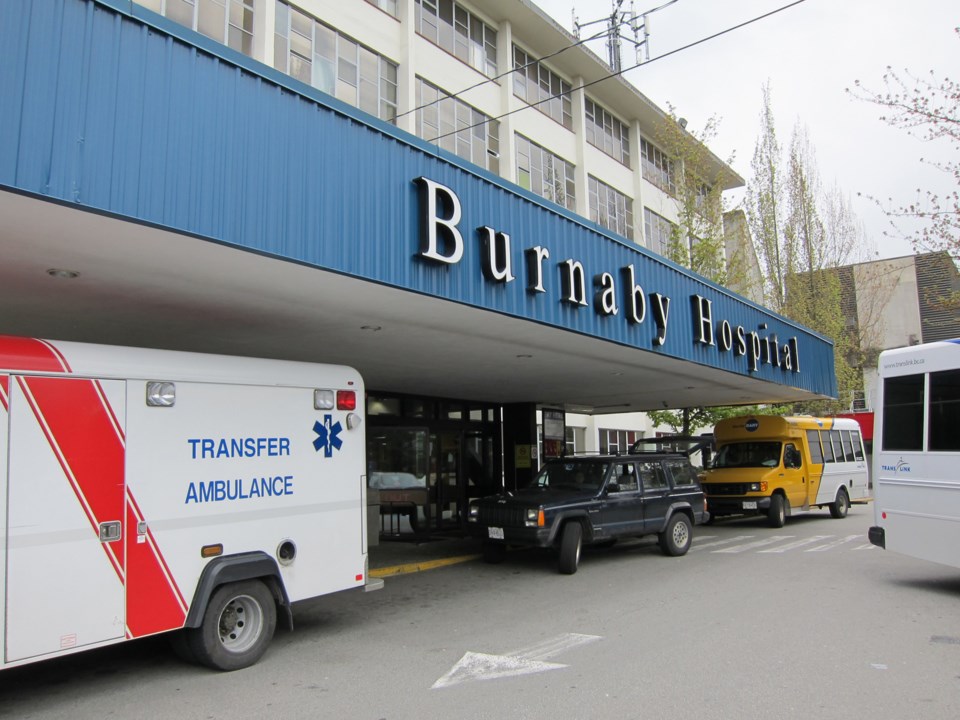Local MLA Kathy Corrigan is claiming Fraser Health's failure to alert the public about alarming levels of Clostridium difficile at Burnaby Hospital in 2012 was mired in Liberal party politics.
Corrigan's comments came on the heels of a Vancouver Sun story based on a recent freedom of information request that showed the health authority tried to deal with the infection internally without warning the public, even though public health and safety were at risk.
"They made the choice to keep quiet," said the New Democrat MLA. "I think you have to remember that this was taking place in late 2011, early 2012, at a time when the Burnaby Hospital issue was highly politicized. The Burnaby Liberals were planning to use it for highly political purposes."
C. difficile is a potentially deadly bacterium that causes diarrhea and is easily transmitted in unclean environments. In January 2012, a group of doctors wrote a letter to the head of the Fraser Health Authority, sounding the alarm over the C. difficile outbreak at Burnaby Hospital and 84 related deaths. The NDP got their hands on the leaked letter and brought it up in the legislature about two months later.
That spring, the provincial government announced it had set up a consultation committee for Burnaby Hospital that included then-Burnaby MLA Harry Bloy, Burnaby North MLA Richard Lee and others close to the Liberal party. Leaked committee emails suggested the group was using the hospital issue and public consultation process as a means to boost the Liberals' standing in Burnaby and de-seat Corrigan in the next election.
"That's the backdrop," Corrigan said, "and I think that politicization of the hospital leached right down into how things were handled. I think a conscious choice was made to try to prioritize the stop of the spread of the information over the stop of the spread of the disease."
Corrigan said that if Fraser Health had fulfilled its obligation to inform the public of the high C. difficile rates, people could have decided to take their loved ones to different hospitals. Corrigan's own mother was in and out of Burnaby Hospital from 2009 to 2010, She eventually died from the MRSA superbug and C. difficile, which could have been contracted at the hospital.
"When we went in and out, we were supposed to put gloves on. I believe if I had known how serious the problem was at Burnaby Hospital, I might have behaved differently," Corrigan said.
Elizabeth Brodkin, Fraser Health's executive medical director of infection control, was not able to comment on why the authority did not alert the public, as she only started working in late 2012.
According to Brodkin, Fraser Health started dealing with C. difficile in 2009, and the rates have been declining steadily. In the 2011/12 fiscal year, there were 15.2 cases of C. difficile at Burnaby Hospital per 10,000 patient days. For 2012/13, that figure dropped to 8.5 cases. So far, for this fiscal year, there have been 5.6 cases per 10,000 patient hours. Brodkin said Fraser Health's goal is six cases.
Fraser Health also posts information on outbreaks at http://tinyurl.com/FHAoutbreaks.



